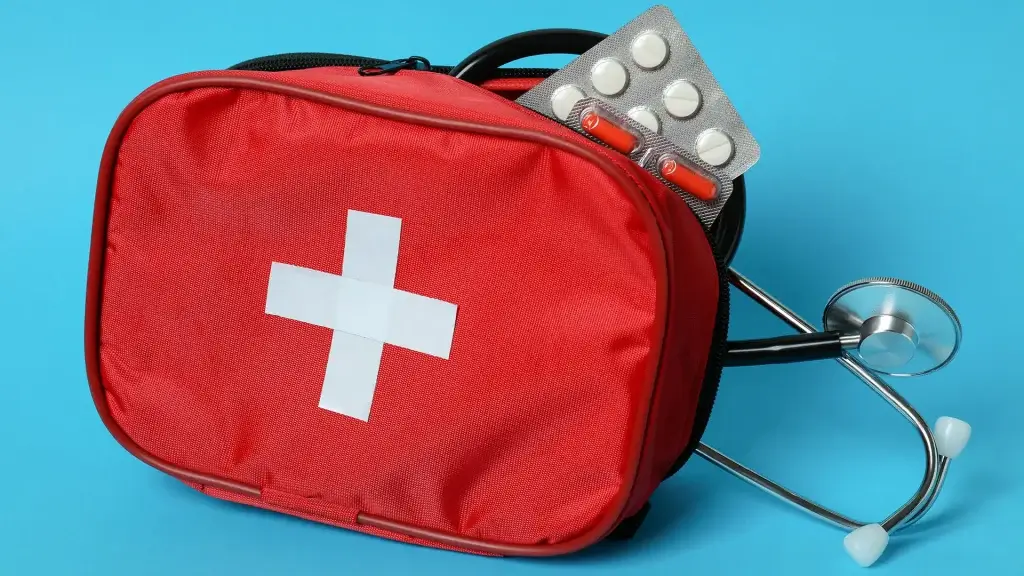
All interested party, regardless of status or background, with the aim of enabling them to recognize and deal with life-threatening and non-life-threatening incidents
Course Duration: 1 day
Dealing with unexpected illnesses, common injuries and malfunctions of the human body is part of everyday life and while a person intervenes in an incident with good intentions and with the aim of helping his fellow man, lack of knowledge certainly leads to unexpected results, such as prolonging the recovery time of an injured person or the inability to keep a victim of a potentially fatal incident alive.
As accidents vary, everyone without exception should be properly trained in order to deal with an emergency incident in a timely manner, therefore first aids must be provided to stabilize the victim and make an initial assessment of its condition, with the aim of timely and organized transmission of information to professional rescuers.
To find out about the cost of the courses, please contact us. BQC adjusts its pricing policy for the unemployed and students. Every second participation from the same company will have a 10% discount.
The training methodology includes lectures, practice and teamwork.
In this context, the participants are asked to carry out group and individual exercises, role playing exercises, and evaluation tests that aim to develop their skills (time management, teamwork, cooperation).
In the end, a satisfaction questionnaire is distributed to the participants in order to evaluate the results of their training and the achievement of its objectives.
For the implementation of the training courses, renowned lecturers are selected, with extensive knowledge and experience in the field of Management Systems and, by extension, on the standards.
BQC, by recognizing modern trends in the field of Training, has created a wide network of experts and trainers around the world, which it uses to offer high-level knowledge and experience in the field of Education.
The training courses offered by BQC are certified by the Accredited Personnel Certification Body STAREGISTER, a member of the IPC, thus providing the possibility of issuing accredited certificates of international recognition according to the ISO/IEC 17024:2012 standard to those successfully participating in them.